At a meeting of lawyers in Hong Kong this April, Aitzaz Ahsan described how as counsel for the Chief Justice of Pakistan in the petition against his unconstitutional removal from office during 2007, neither the president nor any other senior official had even read the charges brought against the judge, which they had signed. Had they done so, they would have noticed that the charge sheet was full of blank paragraphs with the word “deleted” alongside. And anybody looking more closely should also have found that the petitioner had not even presided over an appeal in which he was accused of having struck a deal with one of the parties; yet a number of the judges trying him had.
Although the charges against the Chief Justice of Pakistan were framed in legal terms, neither their factual accuracy nor formal correctness was supposed to have mattered. Politics and military power, not laws and civilian authority, were meant to have determined the judge’s fate. Yet to his credit, as well as to that of his advocate, the Supreme Court bench and the legal community of Pakistan, the court reinstated the judge despite the wishes of a dictator.
The case now running against Burma’s democracy icon, Daw Aung San Suu Kyi, is of the same type. Continue reading

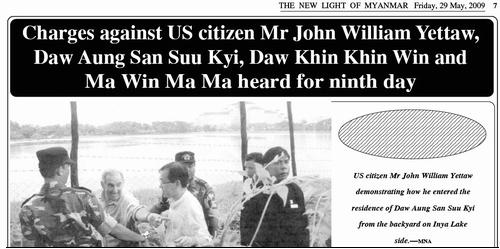



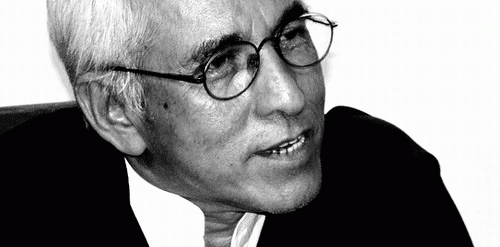



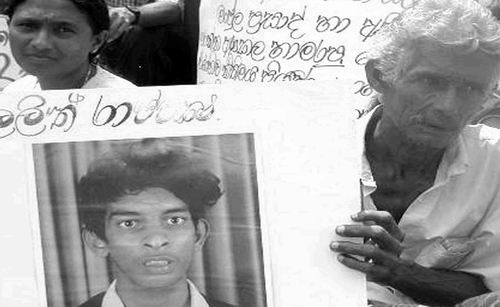
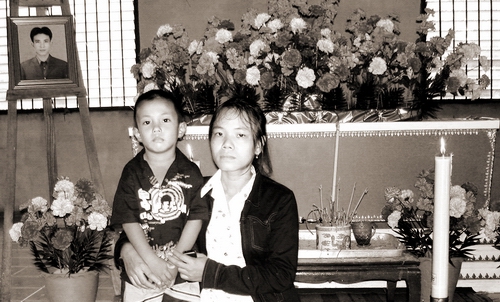
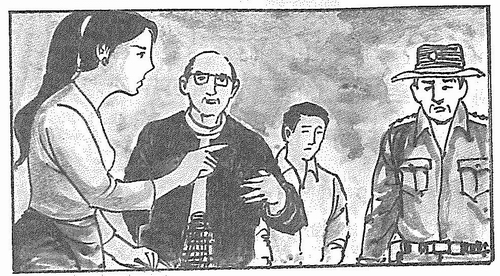
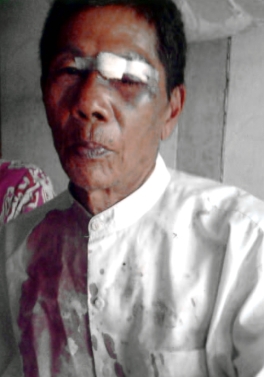 On June 15 a man in upper Burma emerged from a crowd to smash another in the face with knuckledusters. Then he ran off and hid in the office of
On June 15 a man in upper Burma emerged from a crowd to smash another in the face with knuckledusters. Then he ran off and hid in the office of